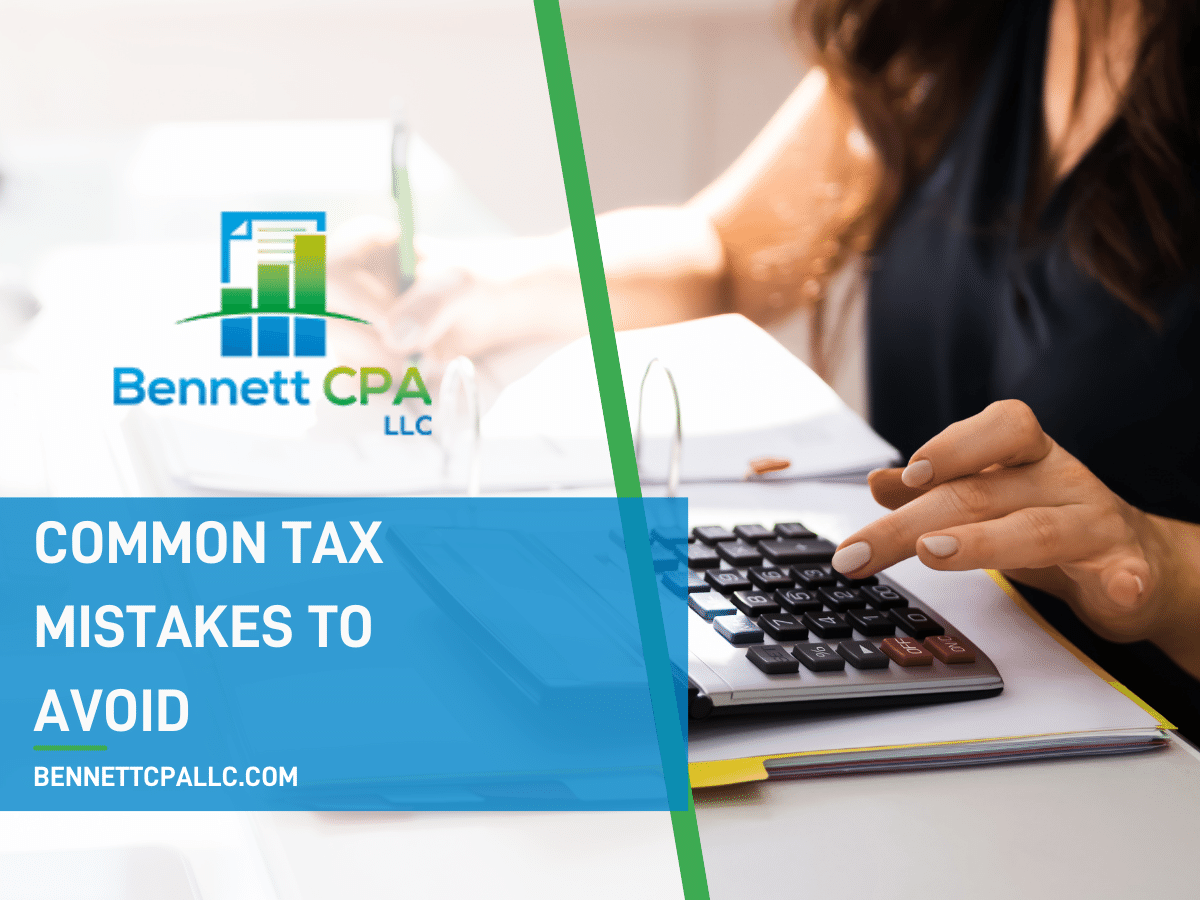If you’re a Colorado Springs homeowner, you may be asking, “Is home remodeling tax deductible?” The answer can be complex, but here are some things to consider when deciding if your remodel qualifies for a tax deduction. It really depends on the type of repairs you’re doing and the way you’re tracking your expenses.
As a Colorado Springs CPA, Merrill Bennett is your go-to tax expert. Bennett will help you understand the details of home remodeling tax deductions and how to best track your expenses to maximize your deductions. You never have to feel overwhelmed or stressed about tax season when you have Bennett CPA on your side.
Keep reading to learn more about home remodeling and tax deductions!

Home Improvements and Your Taxes
Home repairs are generally not considered tax deductible. However, if you make a major improvement to your home that increases its value or extends its life, it may lower your tax liability.
Home Repairs vs. Home Improvements
The money you put into your home can be divided into two categories: home repairs and home improvements. Home repairs are generally considered small maintenance tasks that keep your home in working order. These can include tasks like painting, fixing gutters, and repairing broken windows.
Home improvements, on the other hand, are major upgrades that add value to your property. Think of larger capital improvements that would add value to your home once you go to sell it. These include things like remodeling the bathroom or kitchen, adding a deck, replacing the roof, or installing central AC.
You can also think of major capital improvements in terms of:
- Does it add value to your home?
- Does it prolong your home’s life?
- Does it add use to some way to the home?
Other examples include adding a pool, installing a security system, paving the driveway, adding another bathroom or bedroom, finishing your basement, and more.

Report Your Improvements When You Sell Your Home
While you can’t deduct the money spent on home improvements during your tax year, those expenses may still be deductible when you eventually sell your home.
According to the IRS, if you have owned and lived in your home for at least two of the five years preceding the date of sale, you can exclude up to $250,000 ($500,000 if married filing jointly) of your gain from taxation.
First, you have to determine the size of your gain by doing the following:
- Add up everything you paid for the house, including the original cost, fees, and so on.
- Add up the total cost of improvements you put into the house during the time you owned it.
- Add these two totals together to get your grand “adjusted cost basis” total.
- Compare the adjusted cost basis with the sales price you got for the house when you sold it.
If you made a profit, the difference between these two figures is your “gain.” This gain may be taxable. Generally, if your gain is less than $250,000 for an individual and less than $500,000 for a married couple filing jointly, you may be able to exclude it from your taxes.
Also, keep in mind that any losses you may have incurred on the sale of your home cannot be deducted from your taxes, unfortunately.

How to Prepare Yourself for Tax Time as a Homeowner
If you’re planning on doing any home improvements, the best way to prepare yourself for tax time is by keeping track of all your expenses and receipts. That way, when it’s time to do your taxes, you can easily prove how much money went into the project and how much value it added.
You should also keep in mind that if you are planning on selling your home, any significant improvements may be subject to capital gains tax. Therefore, it’s important to familiarize yourself with the latest rules and regulations before you begin any remodeling projects.
Other things to keep in mind:
- Keep the escrow closing statement from when you bought the house.
- Keep receipts for all home improvements.
- Be aware of any changes in your tax filing status or income level.
- Save records of any energy-saving improvements you make.
- If the prices of homes in your area are going up and you’re ready to sell, you can reduce your gain by deducting any home improvement costs to avoid tax liability.
File Your Personal Taxes With a Colorado Springs CPA
At the end of the day, improving your home can be an expensive endeavor. But by knowing the tax rules and regulations related to home improvements, you can make sure that you get all the deductions you’re entitled to. And if done correctly, those savings could really add up!
If you’re looking for help with your personal tax planning, filing, or advice on home improvement deductions, look no further than Bennett CPA. Merrill Bennett is here to help you navigate the complexities of income taxes. Contact Bennett CPA today to learn more!





